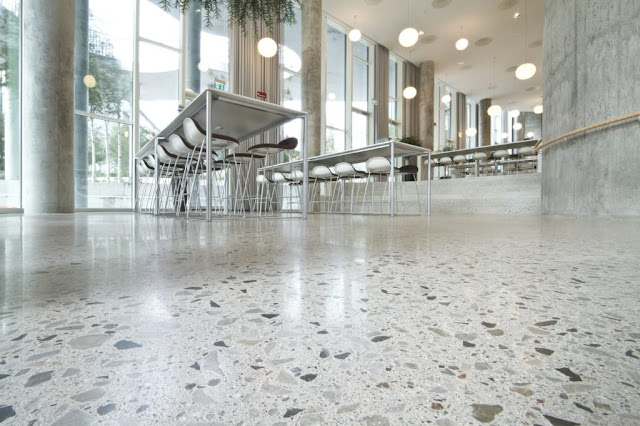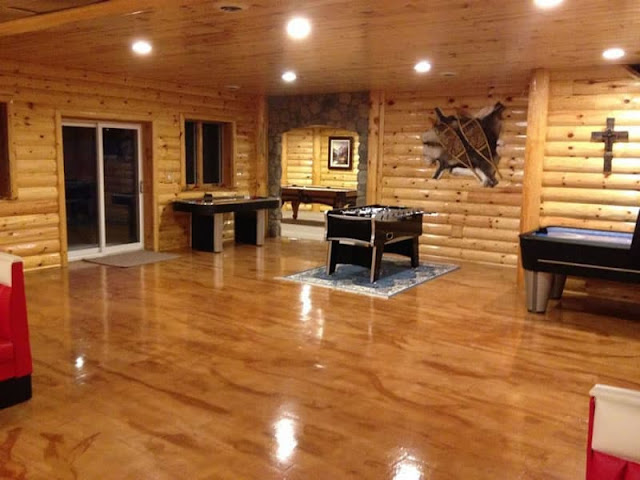Resin Flooring: A Sustainable and Environmentally-Friendly Option
In recent years, there has been a growing interest in sustainable and environmentally-friendly products, and this trend has extended to the construction industry. One such product that is gaining popularity is resin flooring. Resin flooring is a durable and versatile flooring option that offers a range of benefits, including its sustainability.
Resin flooring is made from a combination of natural and synthetic materials, including epoxy and polyurethane resins, which are mixed together to create a hard-wearing and long-lasting surface. This type of flooring is not only durable but also requires minimal maintenance, making it an ideal choice for both commercial and residential buildings.
One of the most significant benefits of resin flooring is its sustainability. The production process for resin flooring is environmentally-friendly as it generates less waste and consumes less energy compared to other types of flooring. Additionally, resin flooring is non-toxic and emits very low levels of VOCs (volatile organic compounds) which can be harmful to human health and the environment.
Resin flooring is also an excellent choice for those who are looking for a sustainable flooring option because of its longevity. It can last for many years with minimal maintenance, reducing the need for frequent replacements and ultimately reducing waste. This means that resin flooring has a lower impact on the environment and can help to reduce the carbon footprint of a building.
Another way that resin flooring can be sustainable is through the use of recycled materials. Some resin flooring manufacturers offer products that contain recycled materials such as glass or plastic, further reducing the environmental impact of the flooring.
Resin flooring is also an ideal option for buildings that are aiming to achieve LEED (Leadership in Energy and Environmental Design) certification. LEED certification is a globally recognized standard for sustainable building design and construction. Resin flooring can contribute towards achieving LEED certification as it meets several criteria, including its durability, low VOC emissions, and its ability to be easily maintained.
In addition to its sustainability benefits, resin flooring is also a practical choice for a range of settings. It is highly resistant to damage from heavy foot traffic, spills, and other forms of wear and tear. This makes it ideal for use in commercial settings such as offices, retail spaces, and hospitals. Additionally, resin flooring is available in a range of colors and finishes, making it a versatile option for architects and designers.
Finally, resin flooring can be a cost-effective choice in the long run. Although it may have a higher upfront cost than some other flooring options, its durability and low maintenance requirements mean that it can save money in the long term. The reduced need for repairs and replacements can also lead to cost savings and a lower environmental impact.
In conclusion, resin flooring is a sustainable and environmentally-friendly option that offers a range of benefits. Its production process generates less waste, emits fewer VOCs, and can incorporate recycled materials. Resin flooring is also highly durable and low maintenance, making it ideal for commercial and residential settings. For those seeking to achieve LEED certification, resin flooring can contribute towards meeting several criteria. Overall, resin flooring is a practical and cost-effective option that can help to reduce the environmental impact of a building while providing a high-quality and durable flooring solution.



Comments
Post a Comment